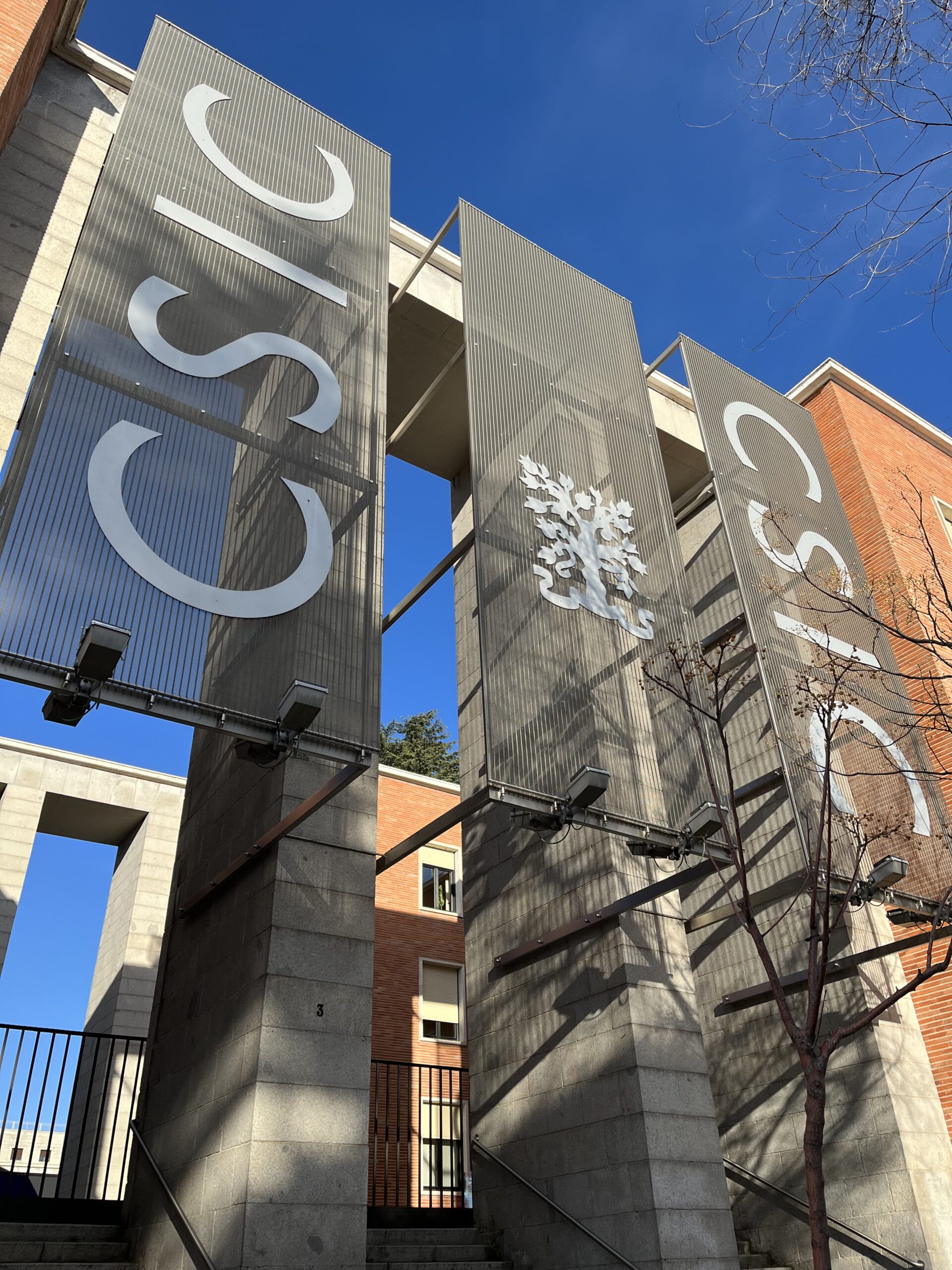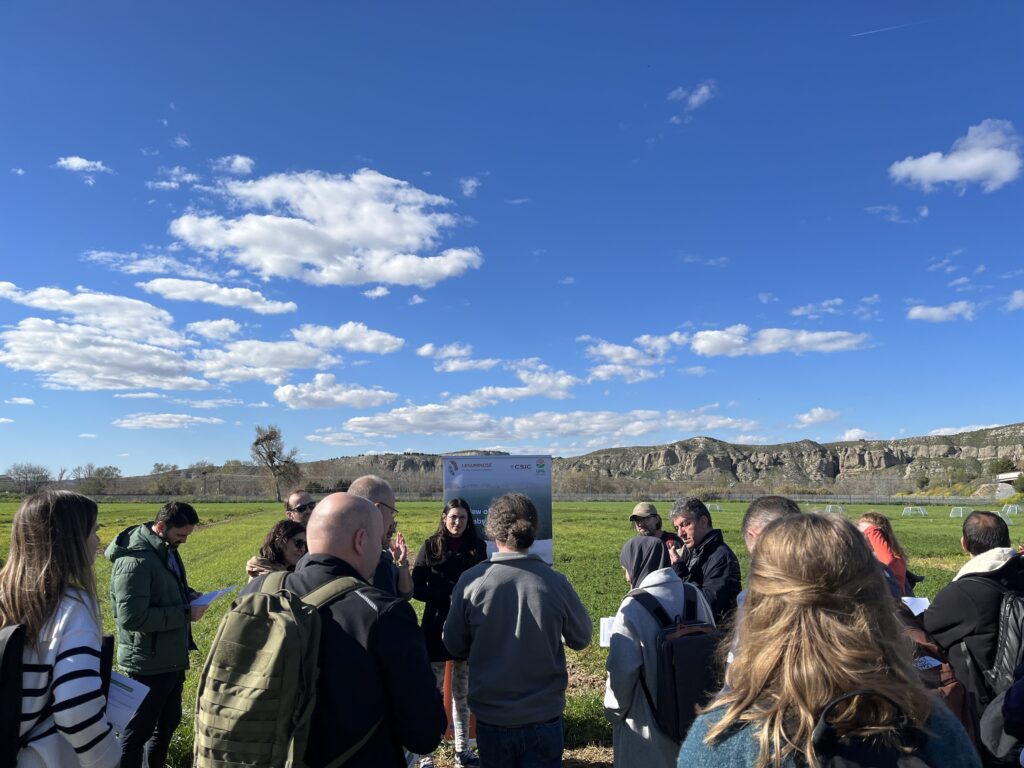Last week, we gathered in Madrid, Spain for a productive two-day meeting hosted by our partners at CSIC. Through a combination of presentations, dynamic discussions and collaborative sessions, we explored pivotal developments shaping the trajectory of our project. Here’s a recap of the LEGUMINOSE project meeting in Spain.

First results from the fields
Magdalena Frąc (IAPAS) and Norman Gentsch (LUH) shared initial findings from our research field trials and on-farm living labs. This provided valuable insights into the benefits of intercropping practices.
Insights from our international survey
Tiffanie Stone (AU) presented key insights from our international survey on the barriers and opportunities of intercropping. We surveyed over 2,000 farmers across 9 countries on intercropping. The results will pave the way for informed strategies to support farmers in adopting intercropping as a climate-smart farming practise.
Progress on our web-based decision support tool
Thomas Neubauer (TUW) and Ahmad Manschadi (BOKU) shared updates on the innovative web-based decision support tool they are developing. The tool will help farmers navigate the complexities of intercropping.
Fostering dialogue with stakeholders
We engaged in strategic discussions on how best to communicate our results and foster meaningful dialogue with farmers and stakeholders, ensuring our findings resonate and drive tangible action.
Out in the fields
Beyond the confines of the meeting room, we ventured out to the Spanish research field at the “La Poveda” experimental farm.
There, our Spanish partners showcased the plots of alfalfa intercropped with barley under two different conditions (rain-fed and deficit irrigation). Marek Seidenglanz provided a hands-on tutorial on how to inspect the plants for pests and diseases.
Tuning in directly from the field, María Jose Carpio Espinosa (CSIC) and Jim Rasmussen (AU) give a live update on the alfalfa intercropped with barley.
